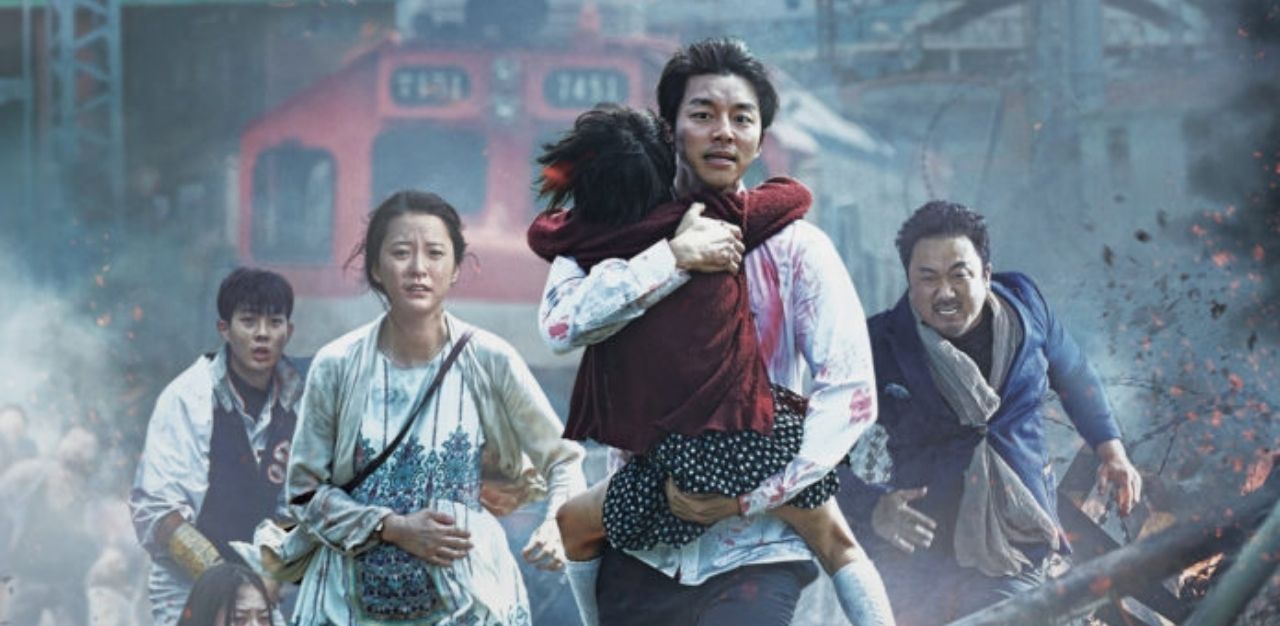When Covid-19 hit, the world’s governments implemented unprecedented measures; nationwide lockdowns, closed borders, quarantine orders – all to contain a virus that no one knew much about, then. Streets were emptied, supermarkets hoarded, and all of a sudden, the world around us resembled a scene right out of a zombie apocalypse. And so, when we entered a state of heightened alert once again, this writer decided to take a few lessons in survival from pandemic movies, and ended up finding surprising parallels to our lived realities.
As a child, I spent a good amount of time living in my own head, crafting intricate fantasy worlds and conjuring up friends that I would converse, play, and interact with on an almost-daily schedule. With every new book I read and every new show I watched, more characters were introduced into my own imaginary bubble. It was a world made by me and for me, where the only rules that existed were ones my seven-year-old mind could come up with.
How fiction actually met reality? Not quite what I imagined. No warriors, faeries, heroes, or glittering vampires (I was an impressionable pre-teen, cut me some slack) swooping in to save the day. Instead, a worldwide pandemic that has, to date (10 June), infected over 175 million people and taken the lives of nearly four million worldwide.
As Singapore entered into yet another month of quasi-lockdown during phase 2 (heightened alert), I found myself binge-watching fictional catastrophes in an attempt to escape the real-life horrors being shown on the news daily. Somehow, watching the world end in a full-blown zombie apocalypse is much more comforting than the horrors that exist in reality.
And despite my escapist tendencies, what I instead ended up gaining from five apocalyptic movies (World War Z, Doomsday, Train to Busan, I am Legend and Birdbox) is a realisation that fiction can have eerie parallels to our now (a horrific case of life imitating art), and that we have much to learn, even from fictional tales about mindless creatures on a single-minded mission to consume human flesh.
(Psst, generous sprinkling of spoilers throughout! Read at your own risk.)
Lesson #1: Prevention is better than cure
Really, it is. And maybe it is time we learned to heed warning signs before things blow up in our faces, much like how the world ended up being overrun by rabid zombies in World War Z despite early indicators that something was about to go awry.
The movie starts out with a news montage; nothing too alarming, not more than usual, anyway. News on natural disasters wrought by climate change, typical daily updates, and the faintest inkling of something worse to come, with isolated incidents of unexplained violence and psychosis in various parts of the world.
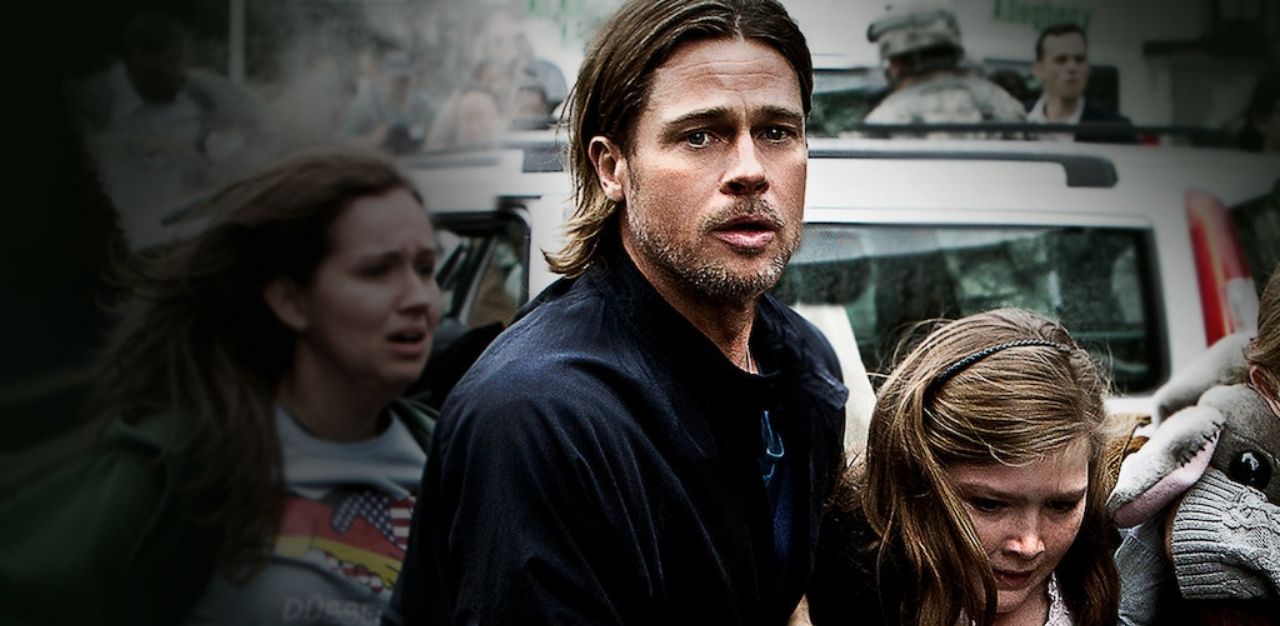
The scene then cuts to an idyllic scene of domestic life in Gerry Lane’s (a former UN agent, played by Brad Pitt) household: dad making pancakes, kids getting ready, the full works. I’ll save you the mundane details, but a mere 10-minutes in, the action begins. Sirens all around, chaos reigns as zombies overrun the streets of Philadelphia, forcing Gerry to flee the town.
And all this happens, we later learn, despite early warnings of a “zombie” outbreak from various sources. In contrast, viewers are later brought to the city of Jerusalem, where peace reigns as the city has been placed under pre-emptive lockdown after heeding early warnings.
Of course, this will soon come to an end for us to get the heroic scene of Pitt saving a woman’s life by chopping off her hand before she gets infected, but the message is conveyed: Be warned, or else.
And indeed, we’ve seen this happen in real life, when a delayed response to early Covid-19 cases resulted in spikes in caseloads, overwhelmed healthcare systems, and drastic measures being taken to contain the spread of a raging virus.
Lesson #2: Leave no man behind
What did the five pandemic movies I watched have in common? A hero, because what would any action thriller be without one? And of course, the occasional villain archetype thrown in for good measure to drive home the point. If there’s one thing to takeaway from these films, it’s this: the welfare of the whole always supersedes that of the individual’s.
Cue the touching scene of Robert Neville in I Am Legend (played by Will Smith) sacrificing his life to develop and deliver a cure to the zombie apocalypse that had decimated the population.
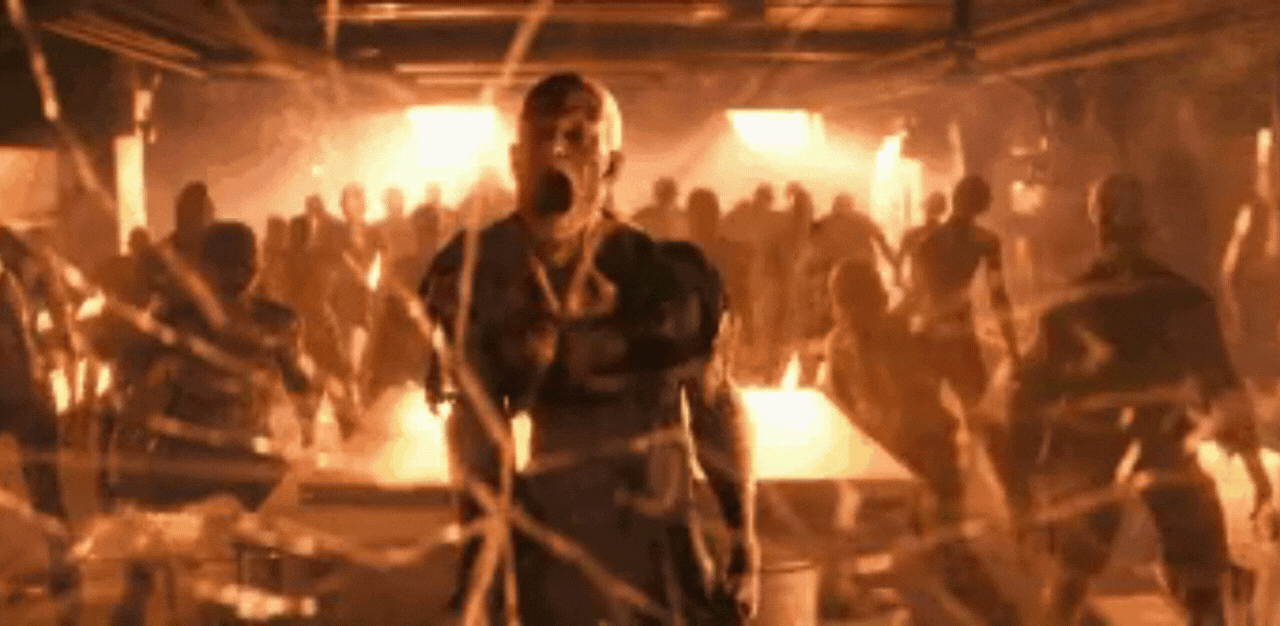
If a hero’s sacrifice doesn’t quite strike a chord, perhaps the cautionary tale that is Train to Busan might, with business owner Yon-suk’s (played by Kim Eui-sung) selfish actions to deny initial safety to a fleeing group inadvertently resulting in the death of many of the train’s passengers, and subsequently, himself.
Meanwhile, main lead Seo Sok-woo (played by Gong Yoo) goes through a rapid character development arc; starting out as a cynical and cold hedge fund manager only interested in saving himself and his daughter, Sok-woo is later struck by the self-sacrificial nature of his own daughter and other passengers he meet on the train, and the show concludes with a final act of sacrifice from him to save his daughter and one other pregnant passenger.
Simple lesson to be learned, really: Help people, good; selfish, bad. Quite elementary, if you ask me.
In the wise words of Mossad chief Jurgen Warmbrunn (played by Ludi Boeken) of World War Z: “Every human being we save is one less zombie to fight.” And every one less infection of Covid-19 is one day closer to normalcy (and travels!) again. So do your part, people!
Lesson #3: Heroes are everyday folk
There may not always be a man with a piercing gaze diving in to save the day (ahem, Brad Pitt), or even the ripped body of Will Smith to admire while the world falls into shambles, but really, heroes are found in the everyday people as well.
Timid grocery store employee Charlie (Lil Rel Howery) sacrificed his own life to save a group of almost-strangers from the sinister forces in Birdbox, Sergeant Norton (Adrian Lester) gives up his life to give the others time to escape in Doomsday, and blue-collar worker Sang-hwa (Ma Dong-seok) stays behind to fend off a rabid horde of zombies in Train to Busan to save his fellow passengers and his pregnant wife.
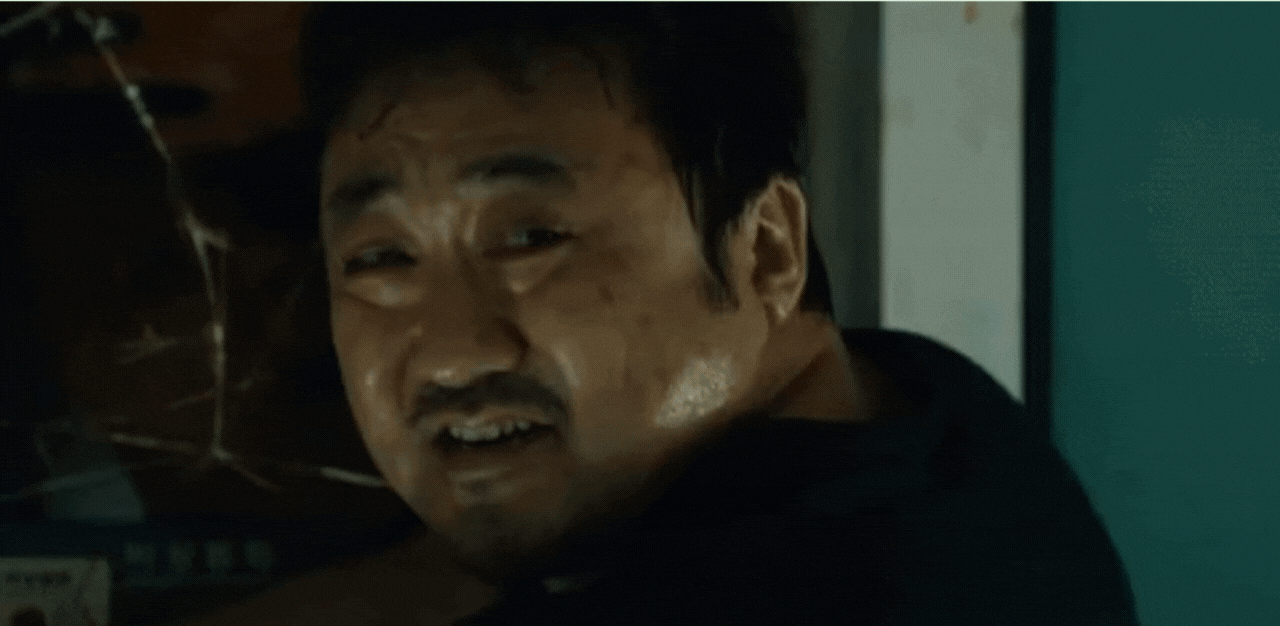
While we may not have such flamboyant displays of heroism in the fight against Covid-19, everyday heroes too exist in our frontline workers who willingly go into the trenches daily to safeguard public health, or ensure our country remains operational and running while the rest of us hold up in the safety of our homes (rather grudgingly).
And as much as acts of heroism deserve applause, so do these little everyday actions as we battle the pandemic today.
Lesson #4: Fiction isn’t too far from reality
Alas, fiction comes to an end after two-hours of nail-biting action, but the reality of the Covid-19 pandemic is far from over. After getting over the tragic deaths of a number of the main leads for the greater good, and basking in the feel-good moments of families reunited and people saved, I find myself back in the reality of blurred boundaries in this perpetual work-from-home grind, mask-wearing, and meeting a maximum of two people at a time.
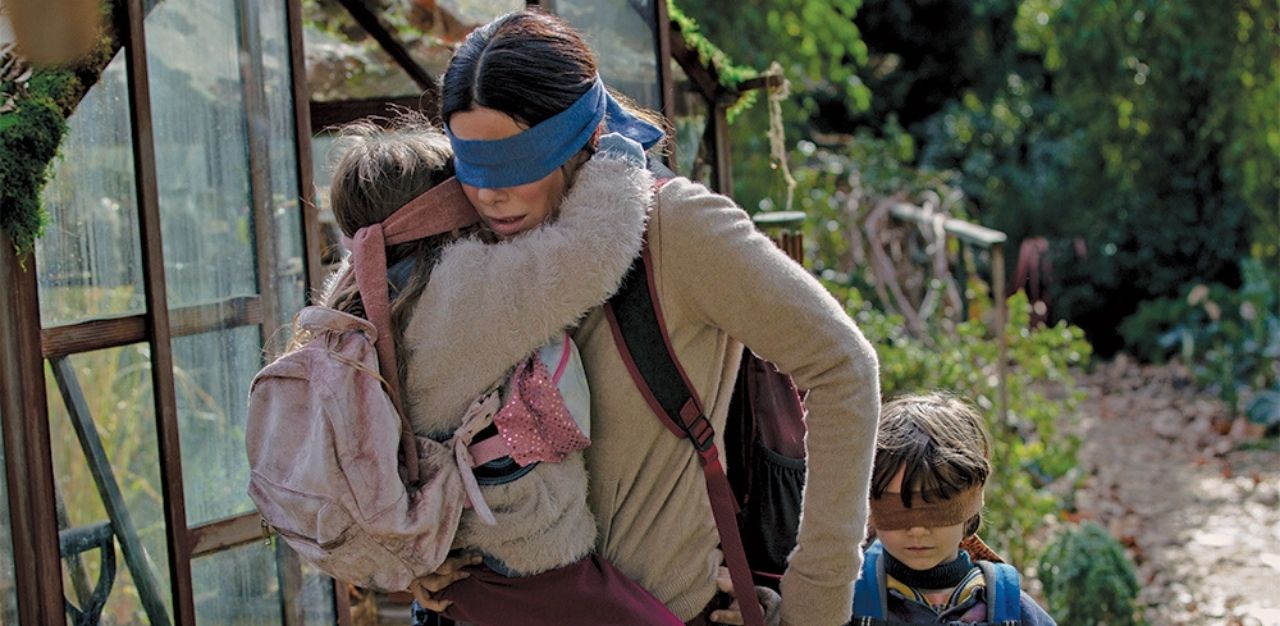
As I walk away, blurry-eyed, from nearly 10 consecutive hours of zombies, gore and deaths, it is with the strange realisation that a world in shambles is the ‘normal’ that some children are growing up in. It is all they have ever known; infants born at the start of the pandemic are probably walking and talking by now, but have never seen a mask-less face on the streets.
It is a sad ‘normal’ to live in, but with the situation stabilising in Singapore and vaccines rolling out worldwide, perhaps the children of this generation will one day be able to show their smiles on the streets again. Much like how all five movies conclude with a bittersweet end, the coronavirus will too, one day (before we turn into living zombies ourselves, lacking any skills, social or such like, besides staring blankly at our screens.)
Join the conversations on TheHomeGround Asia’s Facebook and Instagram, and get the latest updates via Telegram.
